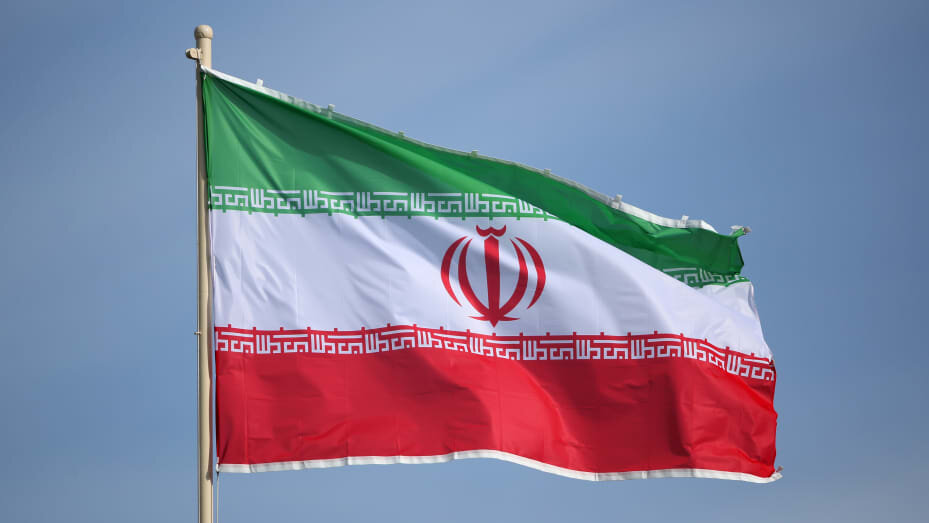In Iran’s Diplomacy Map, West Is Just “One” Spot

TEHRAN — In line with the active diplomacy that Iran is pursuing in Vienna, President Ebrahim Raisi is preparing to visit Moscow in the coming days to discuss various issues with his Russian counterpart, Vladimir Putin.
Government spokesman Ali Bahador Jahromi referred to the dynamic and balanced diplomacy of the government in remarks on Saturday.
“The president is preparing for a visit to Russia and the foreign minister went to China, the minister of transport was in Syria, the minister of culture went to the Dubai 2020 Expo, and Mr. Bagheri is focusing on the Vienna talks.
Last week, several foreign officials were present in Iran.
Diplomacy in the #popular_government pays attention to the #broad field of national interests. Dynamic, all-around, and result-oriented,” Bahadori Jahromi tweeted.
It seems that what Iran is seeking is an active diplomatic approach, especially in the economic field.
Iranian Foreign Minister Hossein Amir Abdollahian visited China on Thursday to hold extensive talks with his Chinese counterpart, Wang Yi.
On Friday, Amir Abdollahian told reporters that from January 14, the 25-year cooperation document between Iran and China will go into effect.
Iran and China inked the 25-year partnership on March 26, 2021, in Tehran. China would invest $400 billion in Iran over the next 25 years, according to the agreement.
As a result, China will be a regular importer of Iranian oil. Yet despite U.S. sanctions and pressure, Beijing is purchasing Iranian oil. Another benefit of the 25-year partnership is that it will eventually improve Iran's oil and gas production in three critical fields.
China has committed to accelerate the construction of the South Pars gas field's phase 11. When France departed Iran due to illegal U.S. sanctions, China National Petroleum Corporation (CNPC) increased its share of the gas field phase 11 project to 50.1 percent from 30 percent.
The 25-year cooperation document will provide Iran with a plethora of economic opportunities and serve as a roadmap for the future of Iranian diplomacy. Such an approach is being pursued by the Iranian Foreign Ministry with the 20-year agreements that Iran plans to sign with Russia and Venezuela.
President Raisi’s looming visit to Russia is also in line with Iran’s economic diplomacy. Ministers responsible for economic and trade affairs will accompany the president on the trip.
On the same note, Venezuelan President Nicolas Maduro, who will visit Iran soon, has said he will pursue economic agreements with Iran.
“I am going to Tehran very soon, for a visit that President Raisi offered me, so that we meet in person, to hold conversations and sign new agreements,” Maduro said in an interview with Al Mayadeen Spanish. The interview was also broadcast on Venezuelan state television.
He did not give a date for the visit.
According to Maduro, the two presidents have held two telephone conversations during which they agreed on new plans.
This clearly reflects the Islamic Republic’s will to distance its economic diplomacy from the West, with a watchful eye on the East.
The endeavors by the Raisi administration to diversify its economic partners in accordance with its balanced foreign policy show that opportunities for economic interaction are abundant and the West is just one of them.
